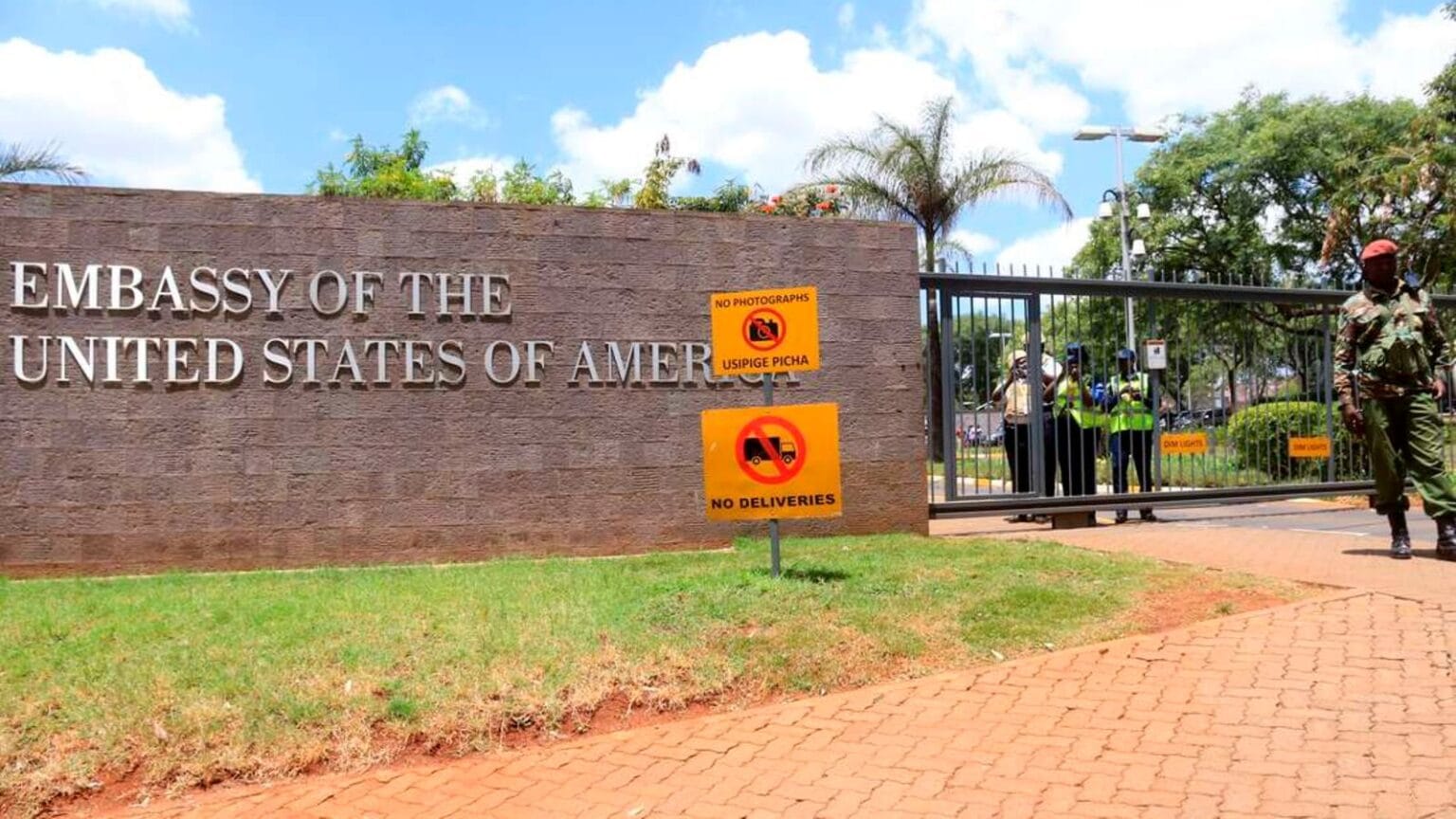The United States Embassy in Kenya has added its voice to growing calls for accountability and transparency in the investigation into the death of Kenyan blogger and teacher Albert Ojwang, who died while in police custody on Sunday. Ojwang’s body was found at the Central Police Station in Nairobi, with a post-mortem later confirming that he had sustained serious head injuries and showed signs of torture and strangulation, contradicting police claims that he had hit his head on a wall in an apparent suicide attempt.
In a statement issued on Wednesday, the U.S. Embassy emphasized the need for thorough, independent investigations and urged the Kenyan government to ensure justice is served. “Noting concerns around the circumstances of Ojwang’s death, the Embassy supports calls from government, parliamentarians, and Kenyan citizens for accountability through a transparent investigation,” the statement read.
The Embassy further stressed the importance of the Independent Policing Oversight Authority (IPOA) being allowed to carry out its mandate without obstruction. “The Embassy urges the Independent Policing Oversight Authority (IPOA) to conduct its ongoing investigation swiftly and thoroughly. We also call on the Kenyan government to ensure IPOA has the access and support needed to perform its duties,” it added.
Chargé d’Affaires Marc Dillard, who has been representing the U.S. government in Kenya, extended the Embassy’s condolences to the family of the deceased. “The Embassy of the United States of America extends our condolences to the family and loved ones of Albert Ojwang during this time of mourning,” the statement concluded.
The remarks from the U.S. came hours after Kenyan President William Ruto called for full cooperation between the National Police Service and IPOA. In a statement issued by State House Spokesperson Hussein Mohamed, the President stated, “I therefore call on the National Police Service to fully cooperate with the Independent Policing Oversight Authority and to take every necessary measure to facilitate a swift, transparent, and credible investigation into the death of Ojwang.”
President Ruto also reminded officers that anyone taken into custody is under the state’s protection and that their safety must be guaranteed. He condemned any actions or negligence by police officers that might have contributed to Ojwang’s death, which he termed “unacceptable and heartbreaking.”
Ojwang’s death sparked public outrage and prompted the Senate to suspend regular business to deliberate on the incident. Key officials including Interior Cabinet Secretary Kipchumba Murkomen, Inspector General of Police Douglas Kanja, and Director of Criminal Investigations Amin Mohammed were summoned before the House to explain inconsistencies in official reports.
Also present during the special session was IPOA Deputy Chairperson Ann Wanjiku, who updated senators on the status of ongoing investigations. Lawmakers questioned the failure to arrest or suspend any suspects despite the postmortem indicating Ojwang’s death resulted from blunt force trauma, neck compression, and widespread soft tissue injuries.
Inspector General Kanja issued a public apology for what he called a “false narrative” initially circulated by the National Police Service, which suggested suicide as the cause of death. He acknowledged that the report was misleading and that the matter is being handled with renewed seriousness following public and institutional pressure.
Interior CS Murkomen, addressing the Senate earlier, assured that the government was fully committed to ensuring justice is served and reiterated that there would be no interference in the investigative process. The incident has placed the conduct of the police under renewed scrutiny and reignited debates over extrajudicial killings and the safety of detainees in Kenyan custody.


